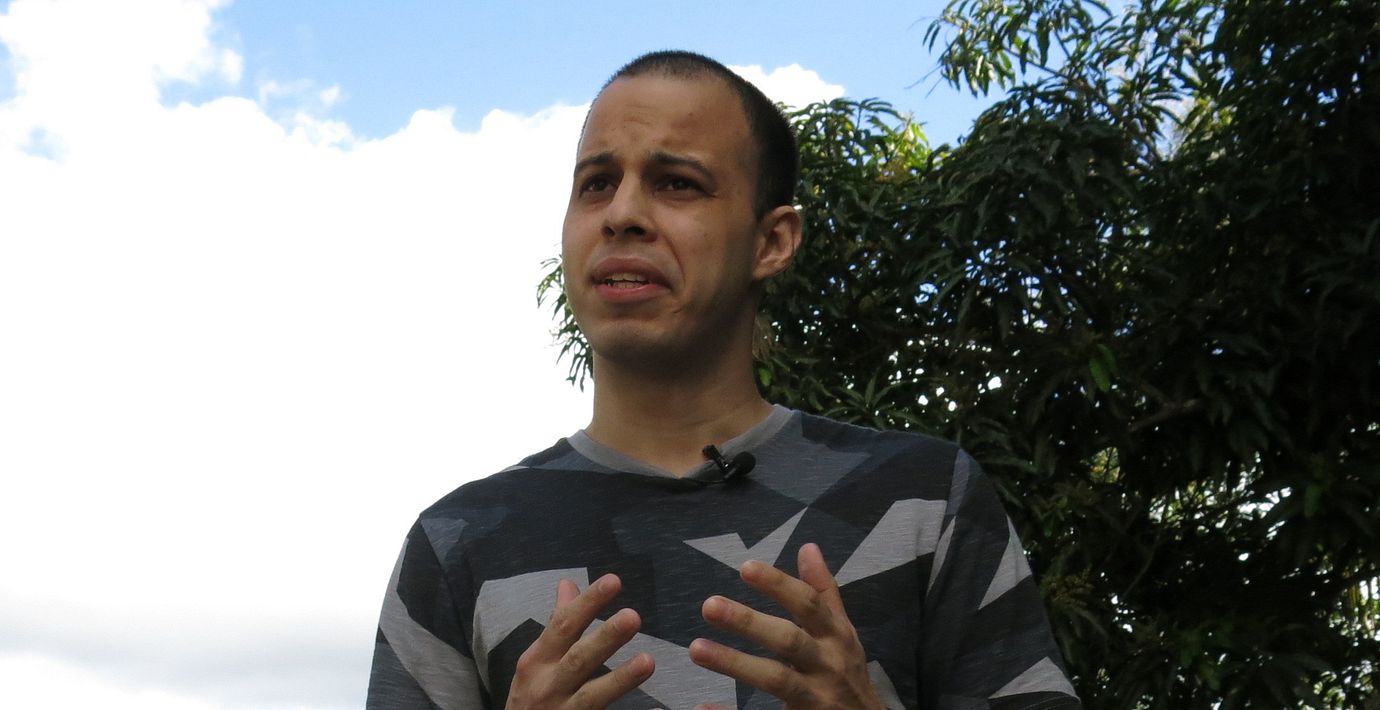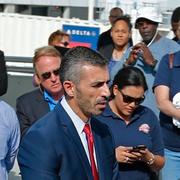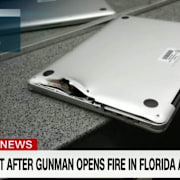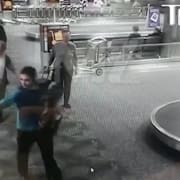
Skyttens bror: Han sökte hjälp men inget gjordes
Amerikanska myndigheter misslyckades i sin behandling av Florida-skytten Esteban Santiago efter att han kom tillbaka från tjänstgöring i Irak med psykiska problem, säger hans bror till nyhetsbyrån AP.
Santiago genomgick en psykologisk undersökning i fyra dagar efter att han berättade för FBI att han hörde röster. Hans vapen togs då i beslag men senare fick han tillbaka det.
– FBI misslyckades där. Vi pratar inte om en person som kom från ingenstans och gjorde en sådan här sak, säger brodern Bryan Santiago.
– Regeringen kände till det här i månader, de hade utvärderat honom under en period, men gjorde ingenting, tillägger han.
Esteban Santiagos mor säger att hennes son påverkades djupt av att se en bomb explodera nära två vänner under sin tid i Irak. Uppemot en av fem veteraner som har återvänt till USA från Irak eller Afghanistan har fått diagnosen posttraumatiskt stressyndrom, enligt den amerikanska myndigheten för krigsveteraner. Det är ännu oklart om Esteban Santiago hade PTSD.


